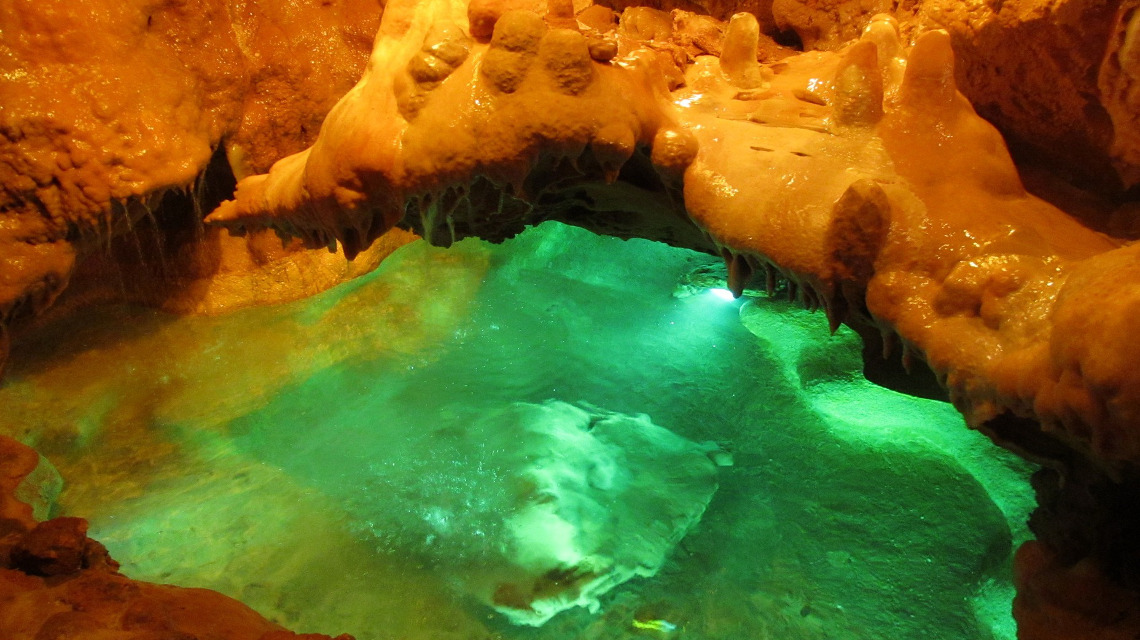Delayed climate impact on groundwater
The influence of climate change on groundwater is insidious. The slow reaction time could prove to be an ecological time bomb, as an international team of researchers discovered.

Deep below the ground is our most important water reserve: groundwater. The underground pool is the largest freshwater reservoir on earth and at the same time a precious source of drinking water. Almost two billion people around the globe draw their drinking water from it. Like the soil and the sea, this ecosystem is threatened by climate change, overexploitation and the growing world population. But while some consequences of climate change, such as the melting of the polar ice caps, are visible, the effects on groundwater remain largely hidden and are therefore barely noticed.
Climatic consequences for groundwater investigated
An international team of scientists, including the Leibniz Centre for Marine Tropical Research (ZMT) in Bremen, has therefore investigated how quickly groundwater reacts to climatic changes. The results of the study were published in the journal "Nature Climate Change". Together with scientists from Europe, North America and Australia, the Bremen researchers collected data worldwide on the characteristics of groundwater systems. These include soil properties and gradient inclination. Both factors determine how quickly rainwater seeps into the soil and from there into rivers, lakes and other bodies of water. Using simulations, the researchers calculated the reaction time of the systems to an increased or reduced water supply, as is to be expected in the context of climate change.
Long reaction time as an "ecological time bomb"
The result: In many parts of the world, the impact of climate change on groundwater will only become apparent in 100 or more years' time. According to the researchers, what sounds like good news is an "ecological time bomb". "The problem lies in the long reaction time of groundwater systems," explains geologist Nils Moosdorf of the ZMT, one of the authors of the study. "Groundwater systems have a 'memory' that can prove to be an ecological time bomb. What happens to them today casts its shadows far into the future and affects the living conditions of our great-grandchildren".
Study as basis for early protection measures
According to the study, a groundwater system can buffer fluctuations in the water supply to varying degrees. In dry regions, however, the time span is particularly long because the groundwater level is usually deep in the earth and the exchange with the land surface is low. The researchers are convinced that the results of their study are an important basis for taking appropriate measures to preserve the groundwater ecosystem as a drinking water reservoir.
bb/um


